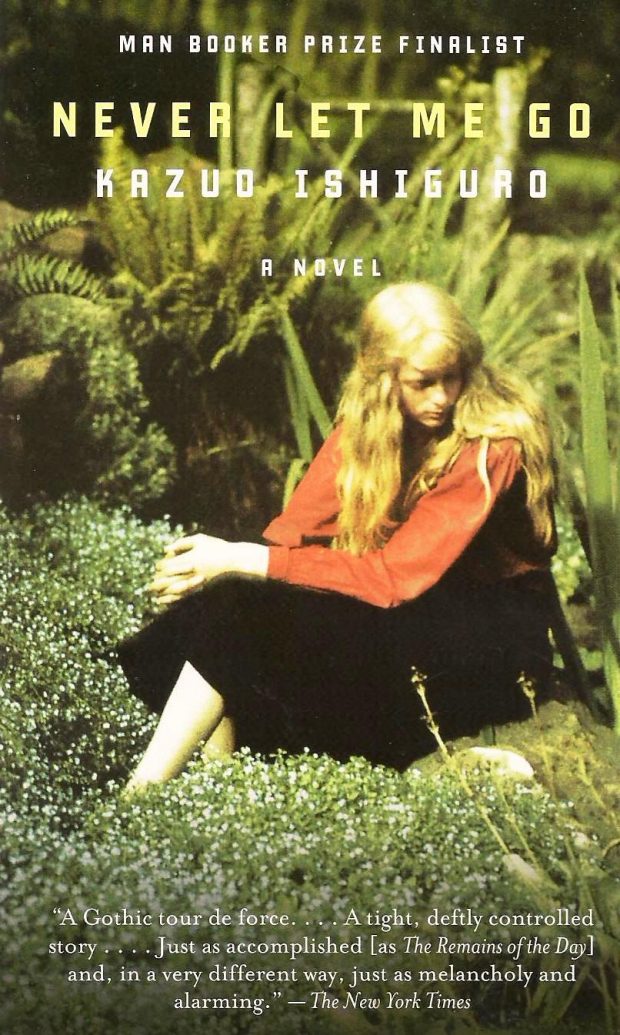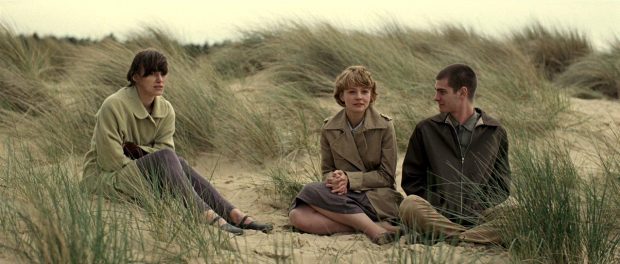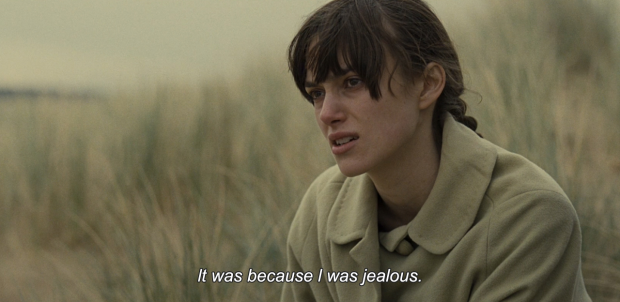“Never Let Me Go” and the Search for Humanity
 In 1990s Britain, three friends: Kathy, Ruth, and Tommy attend the quaint boarding school, Hailsham. Their lives are eerily normal, with students picking fun at each other across the hallways and anatomy classes during the day. But a few pages in, it is easy to see that all is anything but normal. These students have never had parents.
In 1990s Britain, three friends: Kathy, Ruth, and Tommy attend the quaint boarding school, Hailsham. Their lives are eerily normal, with students picking fun at each other across the hallways and anatomy classes during the day. But a few pages in, it is easy to see that all is anything but normal. These students have never had parents.
Forbidden from doing their bodies any physical harm and made to stay within the confines of Hailsham gates, students are instilled from very early on their special role in society.
“Your lives are set for you. You’ll become adults, then before you’re old, before you’re even middle-aged, you’ll start to donate your vital organs. That’s what each of you was created to do.”
Kathy, Ruth, and Tommy are clones; created solely to donate their organs to their human counterparts. 20th Century Britain has come so far technologically that scientists have raised a colony of cloned human beings that function exactly as a normal human population would, but society is nonetheless repulsed at the “copies” and do not accept them into the city.

Ruth, Kathy, and Tommy recall bygone days (Photo from 2012 movie, Never Let Me Go)
Kazuo Ishiguro, challenging what he imagines our world to look like with further advancements in bio-engineering, paints his characters with meticulous detail, not forgetting to mention the minutest of emotions. It is important to Ishiguro that Tommy “[has] dreams all the time where [he is] fighting loads of Roman soldiers”and that Ruth is jealous of Kathy and Tommy’s mutual love.

Never Let Me Go explores the extent of what it means to be “human” without speaking aloud the author’s opinion. Across lines that seem like a jumble of random thoughts and arbitrary events, appear hints of love and the singularity of the human soul. As Kathy, Ruth, and Tommy learn to define the emotions they feel for one another, they come to terms with the meaning of their painful—but unique—existence.
Readers, too, take a moment to look back on humanity with Ishiguro’s question: is one defined by the way one was born or the content of one’s character—or maybe even, the ability to love? And if human cloning becomes a reality, will people willingly accept the benefits at the cost of ethics and perhaps even human decency?
























































